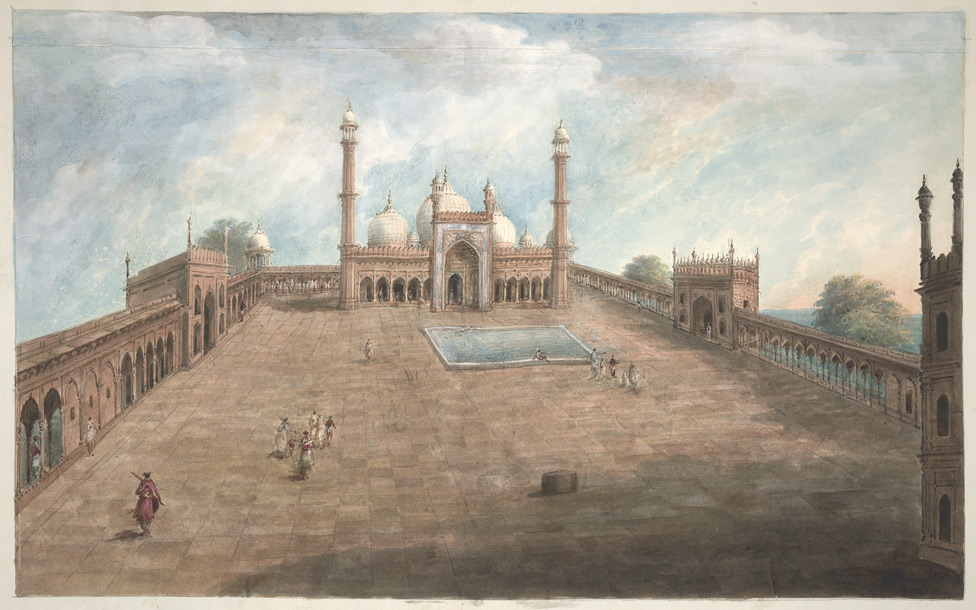FWP:
S. R. Faruqi's choices. For more on Ghalib's unpublished verses, see the discussion in {4,8x}.
In what sense does the practice of ritual ablution 'remain' to the wretched Ascetic?
=It remains open to him despite his general wretchedness, when because of his asceticism he has no other comforts.
=It remains always conveniently at hand, in the sense that he's always in a mosque and thus right near the pool of water used for ritual ablution.
=It remains as a readily available 'contrivance' or 'device', so that he can hastily and furtively remove the impurity of whatever sins he's been committing (this is Gyan Chand's reading).
=It remains as a form of atonement for his trifling, vain, foolish life as an Ascetic-- such absurd austerities require re-purification afterwards.
And of course, there's the related question of tone-- is the verse contemptuous, sympathetic, mocking, melancholy, or simply matter-of-fact? As usual, we're left to decide for ourselves.

Gyan Chand:
Ritual ablution is necessary after becoming impure, which can be from sexual activity or wine-drinking, etc. Ghalib says out of mischievousness that although the wretched Ascetic's life is useless, there's at least this: that he secretly does some deed from which he becomes in need of ritual ablution, and contrives to make his ritual ablution afresh.
== Gyan Chand, p. 490